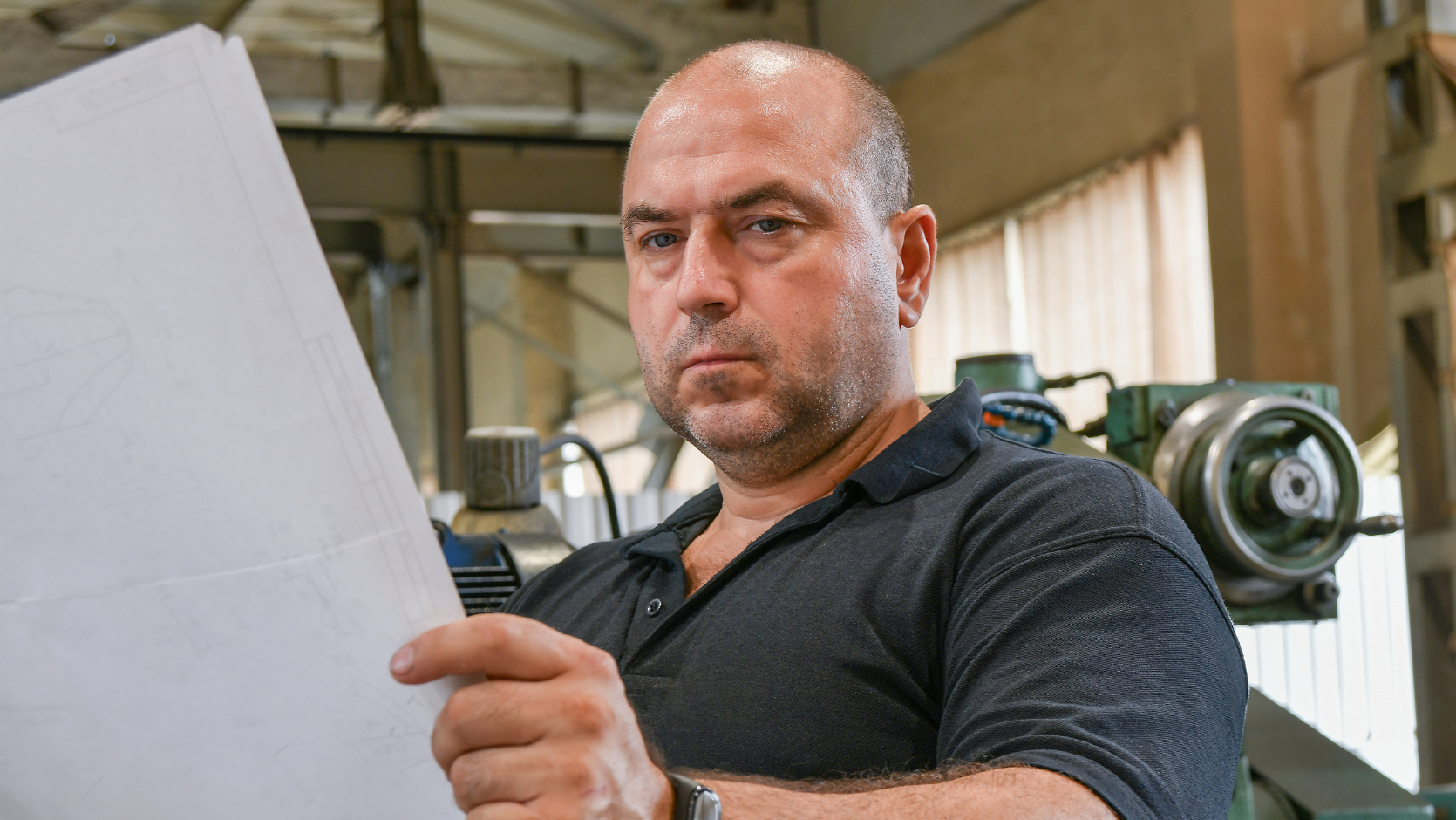The Facts
Grandmother dies without seeing granddaughter in 15 years
A woman became a grandmother when her only child, a daughter, gave birth to a girl in 1995.
Sadly, the woman’s daughter committed suicide in 1996 when the granddaughter was just 18 months old.
The granddaughter then lived with her father at various locations in the Brisbane area and in regional parts of NSW.
She visited her grandmother between 2000 and 2003.
However, from 2003 until the grandmother’s death in September 2017, the grandmother and granddaughter did not see each other again.
Grandmother’s new will reduces granddaughter’s share of estate
In 2009 the grandmother had made a will granting small gifts to some of her friends and making her granddaughter her primary beneficiary.
In April 2017, the grandmother visited the solicitor who had drafted her 2009 will and told him that she wished to change her will.
He prepared a new will, which the grandmother signed later that same day.
In this will, the grandmother left just twenty per cent of her estate to her granddaughter and split the remainder equally between four friends.
There was no dispute that the grandmother enjoyed a close and long-standing relationship with these friends.
Grandmother dies and granddaughter challenges will
On 8 September 2017, at the age of eighty-seven, the grandmother died.
She left behind an estate worth about $920,000.
The granddaughter, who was not happy that she would receive less under the 2017 will than under the 2009 will, challenged the 2017 will.
She argued that the 2017 will was invalid due to her grandmother’s incapacity at the time of signing that will.
This claim was rejected by the court.
However, she also argued that irrespective of the terms of the 2017 will, she was entitled to a family provision order granting her the whole of her grandmother’s estate.
To succeed, the granddaughter had to establish, among other things, that she was wholly or partially dependent on her grandmother.














Expert commentary on the court's decision
Supreme Court decides against granddaughter
In the case of Chisak v Presot [2021] NSWSC 597, the Supreme Court of NSW concluded that the granddaughter, Ivy Chisak, was never wholly or partially dependent on her grandmother.
Accordingly, she was not eligible to challenge her grandmother’s estate and the court dismissed her case.
Granddaughter required to establish dependence on grandmother
Section 57(1) of the NSW Succession Act 2006 provides that “eligible persons” may apply to the court for a family provision order in respect of the estate of a deceased person.
Under section 57(1)(e), as a grandchild of the deceased, Ms Chisak would be an eligible person if she was “at any particular time wholly or partly dependent on the deceased”.
Granddaughter not dependent on grandmother
The court noted that there is vagueness as to the meaning of the word “dependency”, but case law has shown that it is a question of fact and that it effectively “involves a degree of reliance on someone else for the total or partial satisfaction of some need.”
The court accepted that, regardless of any “elasticity” of the term “dependency”, infrequent and short stays with the deceased as a child did not make Ms Chisak dependent on her grandmother in the ordinary sense of the word.
The court held that, in order for a grandchild to qualify as a dependant, the gifts or benefits provided by the deceased person must be of such regularity and significance that one can say that the deceased person had clearly assumed a continuing responsibility for the grandchild’s maintenance, education or advancement in life.
General principles in relation to family provision claim by grandchild
The court also referenced several general principles in relation to family provision claims by a grandchild, including that:
Twenty per cent of estate sufficient provision for granddaughter
The court concluded that even if Ivy had been successful in proving dependency upon her grandmother, they would not have granted her greater provision than the 20% of the estate already left to her by the 2017 will.
This conclusion was reached having regard to the strength of Ms Chisak’s relationship with her grandmother, the strength of the grandmother’s relationship with her friends, the size of the estate and the court’s desire not to interfere with a person’s testamentary freedom.
Legal costs exceed amount left by grandmother to granddaughter
Significantly, in separate costs proceedings (Chisak v Presot (No 2) [2021] NSWSC 754), the court ordered that Ms Chisak would be responsible for paying the whole of her legal costs, as well as 40% of the estate’s legal costs.
On that basis, Ms Chisak’s legal costs came to $232,000, being $72,000 towards the estate’s $180,000 in legal costs and $160,000 for her own legal costs.
Had Ms Chisak not challenged the 2017 will, she would have received approximately $180,000 from the estate. But because her legal costs exceeded that value, and based upon the outcome of the case combined with the costs disclosed to the court, she would have ended up with a debt of $50,000 in legal fees instead.
The foolhardiness of this litigation was summed up well by the court:
This case underscores the importance of getting legal advice about your rights to challenge a will, including prudently considering any advice about the commercial practicality of taking a particular course of action.
For further information please see Contesting a will in NSW – the horror story edition.